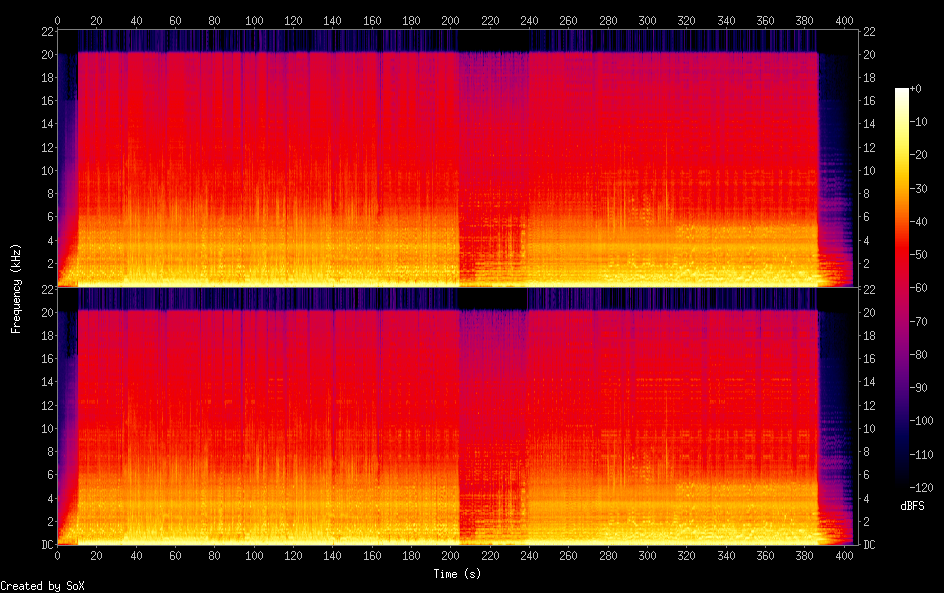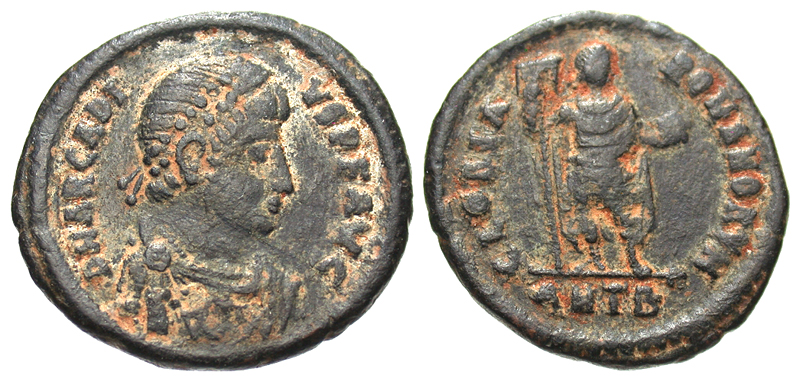
When we read that they are to ‘shut the unbelieving without’ this would include either the unbaptised or the baptised who are unrepentant in sin.


That of Discipline, or what I prefer to think of as Discipleship. In a way the Ostiarius is linked, to me, to what Protestants have traditionally called the 3rd Mark of the Church. It stood out because I couldn’t imagine such a function really existing today. Yet the role that really stood out to me was the first, the Ostiarius, who functioned as a sort of doorman or even (arguably) bouncer of sorts. Especially when those individuals in many ways don’t participate in the service themselves there seems something messed up about that. These are often treated as utilitarian necessities but I’ve always found that contrast jarring.

The poor souls who get roped into doing something like sound, projection, or the like who occupy a position not in a ‘degree’ but not merely a member of the congregation. The other thing I wondered about was that in many churches today there are highly technical roles that are seen to be needed but are never really considered ‘ministry’ in that sense. Nowadays we tend to think of many of these as ‘functions’ needed to be done for the Church but not an office. Which I think is really holistic in a way. Spottiswoode, printers to the Queen’s Most Excellent Majesty, 1840.Įach of these offices is interesting and what I take from it is that everyone who participated in the service is someone who was considered to occupy one of these ‘degrees’. Ancient Laws and Institutes of England: Comprising Laws Enacted Under the Anglo-Saxon Kings … with an English Translation of the Saxon the Laws Called Edward the Confessor’s the Laws of William the Conqueror, and Those Ascribed to Henry the First: Also, Monumenta Ecclesiastica Anglicana, from the Seventh to the Tenth Century and the Ancient Latin Version of the Anglo-Saxon Laws : With a … Glossary, Etc. Aelfric Puttoc, The Canons of Aelfric, taken from Thorpe, Benjamin. There is no difference betwixt a mass-priest and a bishop, save that the bishop is appointed for the ordaining of priests and confirming of children, and hallowing of churches, and to take care of God’s dues for it would be too multifarious if every mass-priest so did: but they have one order, though the latter have precedence. He has to instruct the people in belief with preaching, and with pure morals give example to Christians, and his life should not be as that of laymen. He hallows God’s housel, as the Saviour commanded. Presbyter is the mass-priest, or old ‘wita ’ not that every one is old, but that he is old in wisdom. The priest, who continues without a deacon, has the name, but has not the services.ġ7. They shall minister to the Saviour in white albs, and lead a spiritual life in chastity, and all be efficient persons, so as is befitting the order. He may baptize children, and housel the people. Diaconus is the minister who ministers to the mass priest, and sets the offerings upon the altar, and also reads the gospels at God’s ministries. Subdiaconus is truly underdeacon, who bears forth the vessels to the deacon, and humbly ministers under the deacon, at the holy altar, with the housel vessels.ġ6. Acoluthus he is called who bears the candle or taper, in God’s ministries, when the gospel is read, or when the housel is hallowed at the altar not to dispel, as it were, the dim darkness, but, with that light, to announce bliss, in honour of Christ, who is our light.ġ5.

Exorcista is in English, he who with oath conjures, in the Saviour’s name, the accursed spirits, which torment men, that they forsake those men.ġ4. Lector is the reader, who reads in God’s church, and is ordained for the purpose of preaching of God’s word.ġ3. Ostiarius is the church door-keeper, whose duty it is to announce the hours with bells, and unlock the church to believing men, and to shut the unbelieving without.ġ2. Seven degrees are established in the church: one is ostiarius, the second is lector, the third exorcista, the fourth acoluthus, the fifth subdiaconus, the sixth diaconus, the seventh presbyter.ġ1. I’d heard about this in a general sense but I’ll quote the section I read so you can see it for yourself:ġ0. I’ve been reading a few texts recently from the English church in the Middle Ages and was interested in how one Anglo-Saxon Bishop of York believed there are seven ‘degrees’ or offices in the church.


 0 kommentar(er)
0 kommentar(er)
